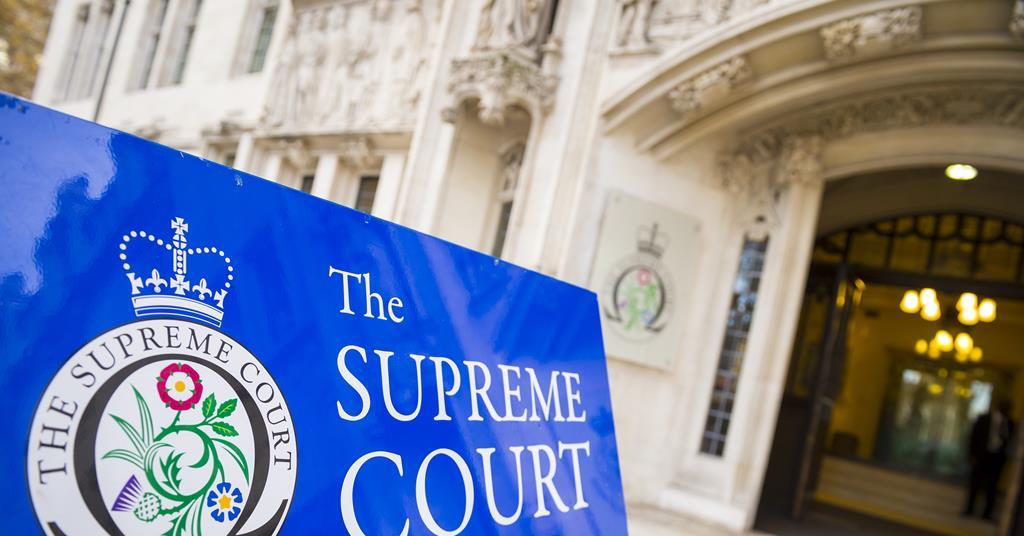Many drivers across the UK were holding onto hope for a payout after discovering they may have been misled into expensive car finance agreements.
But a landmark ruling by the Supreme Court has now ended that possibility for most, siding with lenders rather than motorists.
Expectations Crushed for Millions Seeking Compensation
For years, motorists believed they were owed compensation for car finance deals that involved hidden commission payments.
These arrangements allowed dealers to earn extra money without drivers’ knowledge—often by charging them higher interest rates.
While many expected a potential windfall, today’s ruling confirms lenders are not liable for those undisclosed commissions.
The news comes as a massive relief to major lenders like Lloyds, Santander, and Close Brothers, who were facing a potential £44 billion in payouts had the court ruled the other way.
One Win for a Customer, But the Majority Lose Out
The Supreme Court’s ruling wasn’t entirely one-sided.
One individual case—where the relationship between the borrower and the finance company was deemed “unfair”—did succeed.
That claimant will receive compensation for the commission paid, plus interest.
However, the judges made it clear that all other similar claims have been dismissed.
The decision came in after the financial markets had closed to prevent disruptions to the value of car finance securities.
How These Car Finance Deals Worked
Car finance has become the go-to method for purchasing vehicles in the UK, with around 90% of new cars bought through some form of financing.
Buyers typically put down a deposit and pay off the rest monthly through an agreement with a lender.
More than two million new and used cars are sold this way each year.
But what most drivers didn’t realise was that dealers and brokers were often receiving behind-the-scenes commission from the lenders for each loan they arranged.
In some cases, they could increase the interest rate to boost their own payout—meaning motorists unknowingly paid more than they should have.
Court of Appeal Previously Ruled Against Hidden Commissions
Last October, the Court of Appeal found that these secret commission deals, particularly those made before 2021, were unlawful if drivers hadn’t been made fully aware.
Three key cases were examined, all involving motorists who had bought cars on credit.
The dealers profited not just from selling the cars, but from commissions too—something the claimants argued they were never told.
However, lenders like Close Brothers and FirstRand Bank challenged that ruling, leading the matter to the Supreme Court, where the tables ultimately turned in their favour.
FCA Still Considering Compensation for Some Drivers
Even though today’s decision is a win for lenders, some drivers might still see compensation.
The Financial Conduct Authority (FCA) is reviewing the possibility of a redress scheme, particularly for those affected by Discretionary Commission Arrangements (DCAs).
In these DCAs, lenders allowed brokers to adjust the interest rates to increase their own earnings.
This practice was banned by the FCA in 2021 after reports showed that drivers could end up paying over £1,000 more on a £10,000 loan over four years just because of these commissions.
It’s estimated that unnecessary commissions may have cost motorists up to £165 million a year.
Redress Scheme Could Offer New Hope
Although the Supreme Court reviewed all types of hidden commission arrangements—including DCAs and fixed-percentage deals—it’s now up to the FCA to decide if further action is necessary.
The regulator has been investigating since January 2024 and is expected to announce next steps about six weeks after today’s ruling.
If the FCA concludes that widespread consumer harm occurred, it could introduce an official redress scheme.
That would allow affected drivers to receive compensation without needing to take legal action or go through law firms or claims companies.
Industry Experts Call for Transparency and Reform
Greg Huitson-Little, a partner at Menzies LLP, commented that the line between car purchasing and finance has become far too blurry for consumers.
With terms like “dealer contributions” and “guaranteed future values,” it’s hard for people to understand what they’re actually agreeing to.
He stressed that this lack of clarity, especially around hidden commissions, has severely damaged consumer trust.
Even though the court’s ruling now protects lenders from massive payouts, the reputational damage may be lasting.
What the Future Holds for Car Finance
While the Supreme Court may have shut the door on mass compensation claims, the conversation around fair treatment in the car finance industry is far from over.
Consumers and watchdogs alike are now calling for greater transparency and more ethical lending practices.
The pressure is now on the FCA to deliver a fair outcome for affected drivers when it announces its plans in a few weeks.
In the meantime, the spotlight remains firmly on lenders and brokers to clean up their act.
As Greg Huitson-Little put it, the industry needs to “end the era of opaque deals” and start treating car loans as what they really are—clear, honest agreements between borrowers and lenders.
